Lunch, a lunch, the lunch... (A2)
Articles with meals (224)
Členy u jídel dne
Členy u jídel dne – procvičování:
Na Landigo máme také základní lekce na členy:
- Neurčitý člen A, AN (00)
- Určitý člen THE (00)
- Určitý nebo neurčitý člen? (A0)
Porovnejte:
|
I'll have lunch.
|
Dám si oběd. |
|
I'll have a late lunch.
|
Dám si pozdní oběd. |
|
The lunch I had today was delicious.
|
Ten dnešní oběd byl vynikající. |
What do you usually have for dinner?
| Obecně o jídle: |
a dinner
|


U slovíček BREAKFAST, LUNCH a DINNER obecně platí následující:
- Jídlo obecně používáme bez členu:
I don't eat breakfast.
- S přídavným jménem používáme A/AN:
What a great breakfast!
- S konkrétním jídlem používáme THE:
The breakfast that we ordered was great.
I'm very busy. I can only have a quick lunch.
|
a quick lunch
|
|
a small lunch
|
|
a cheap lunch
|

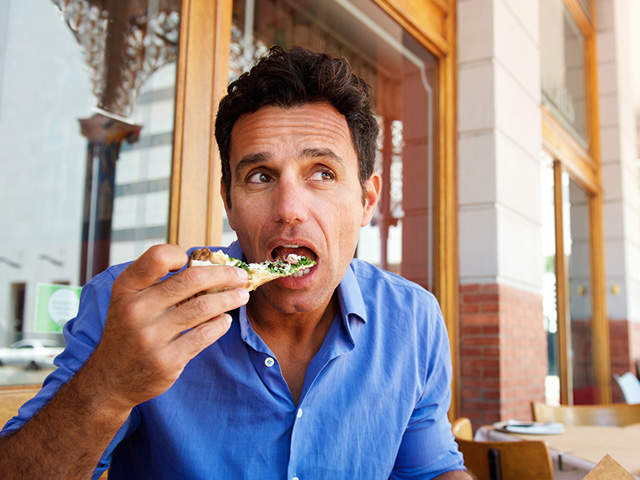
How was the breakfast at the new café?
|
the breakfast at the new café
|
|
the breakfast from your dad
|
|
the breakfast you cooked
|


Jídla dne obecně = bez členu
Před BREAKFAST, LUNCH a DINNER běžně nepoužíváme člen, když mluvíme obecně o každodenním jídle a době, kdy jíme:
|
Nick never eats breakfast.
|
Nick nikdy nesnídá. |
|
I can usually skip lunch, but I need to have breakfast.
|
Bez oběda se obvykle obejdu, ale snídani potřebuji. |
|
Mom, what is for dinner?
|
Mami, co je k večeři? |
Neříkáme: Nick never eats a breakfast., Nick never eats the breakfast.



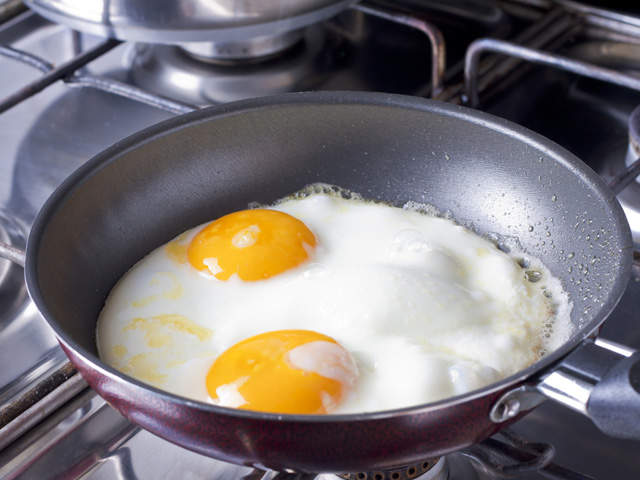





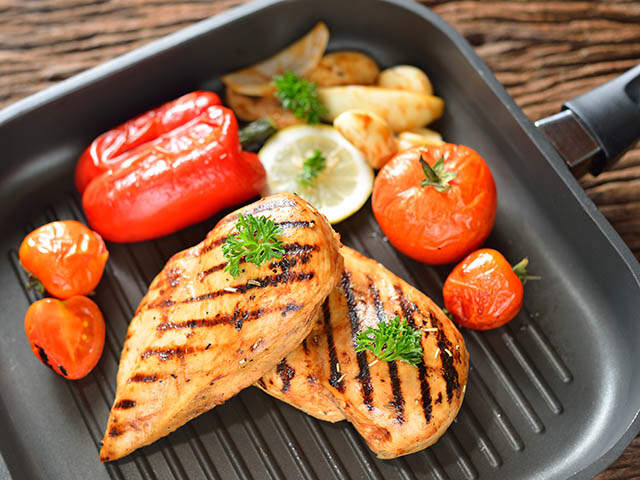


We would like to invite you for dinner in a diner tomorrow.
| Večeře: |
dinner
|
| Bistro: |
a diner
|

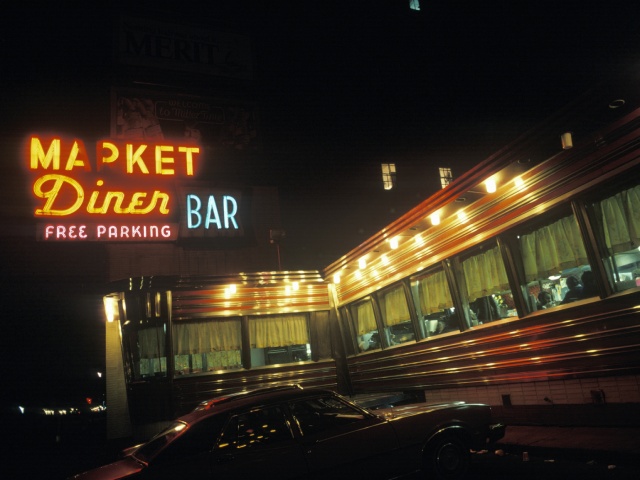
A great breakfast, an early lunch, a late dinner...
Pokud je před hlavním jídlem přídavné jméno (late, nice, big...), použijeme A/AN:
|
Will you join me for a late breakfast?
|
Dáš si se mnou pozdní snídani? |
|
Tom invited me for a nice lunch.
|
Tom mě pozval na dobrý oběd. |
|
I can't wait to have a big Christmas dinner with my family!
|
Hrozně se těším na velkou štědrovečerní večeři s rodinou! |
Did you have a quick lunch at McDonald's?
|
a quick lunch
|
|
an early lunch
|
|
an expensive lunch
|

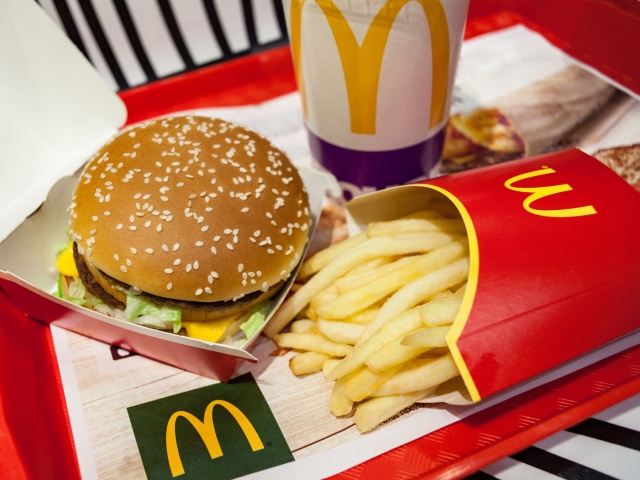
If you aren't hungry, I could prepare a light dinner for you.
|
prepare a light dinner
|
|
prepare a dinner
|

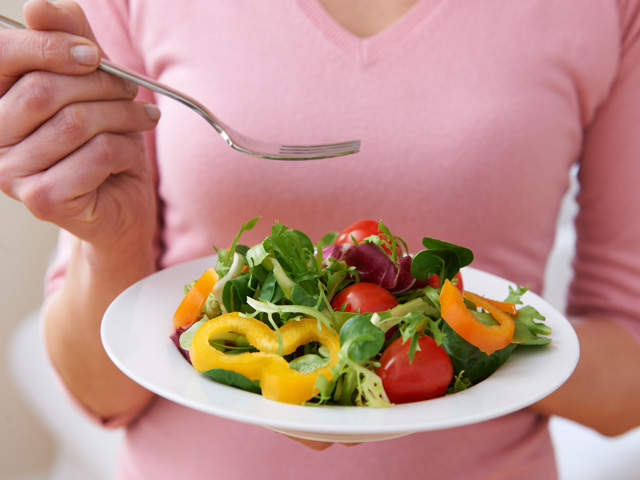
The breakfast, the dinner, the lunch = konkrétní jídlo
Pokud máme na mysli konkrétní jídlo (= ta snídaně, ten oběd, ta večeře), použijeme THE:
|
The breakfast at the Circle is very tasty and cheap.
|
Snídaně v Circlu je lahodná a levná. |
|
The lunch that you ordered for everybody was a great idea.
|
Oběd, který jsi pro všechny objednal, byl skvělý nápad. |
|
The dinner we had last night was terrible.
|
Ta včerejší večeře byla hrozná. |
What does the breakfast at the hotel include?
| Konkrétní jídlo: |
|
the breakfast at the hotel
|
|
the breakfast at the café
|
|
the breakfast you ordered
|


The lunch at that pub wasn't anything special.
| The lunch at the pub... |
| The lunch they served... |
| The lunch I bought... |

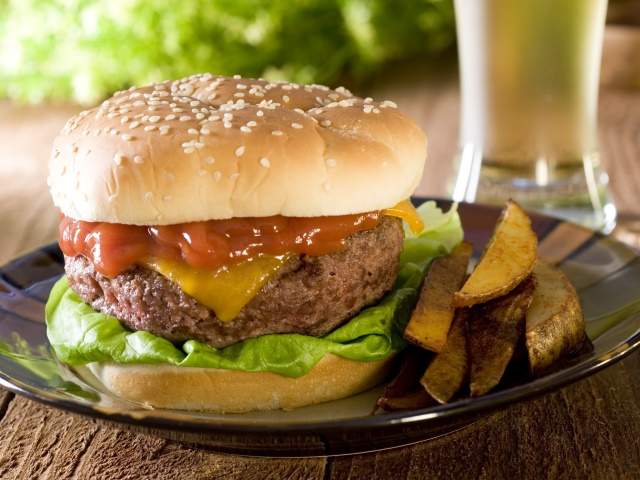
A snack, the snack, a drink...
Na rozdíl od hlavních jídel dne – BREAKFAST, LUNCH a DINNER, ostatní slovíčka SNACK, MEAL, DRINK... používáme vždy se členem:
|
Do you want to have a snack?
|
Chceš si dát svačinu? |
|
How about going out for a meal?
|
Co takhle zajít na jídlo? |
|
My neighbours sometimes come over for a drink.
|
Sousedé k nám občas zajdou na skleničku. |
Nikoliv: have snack, for meal, for drink
You should always wash your hands before a meal.
|
Wash your hands before meal a meal.
|


Patrick likes to eat this cereal as a snack.
|
as snack a snack
|


Let's go out for a drink!
|
go out for a drink
|
|
go out for a meal
|


Denní rutina
A2:Cvičení: Denní rutinaAround what time do you usually have breakfast?
| Jídlo obecně: |
|
a breakfast
|
|
a lunch
|
|
a dinner
|


The lunch that Alan makes is always amazing.
| Konkrétní jídlo: |
| The lunch that he makes... |
| The lunch we had yesterday... |
| The lunch I ordered... |

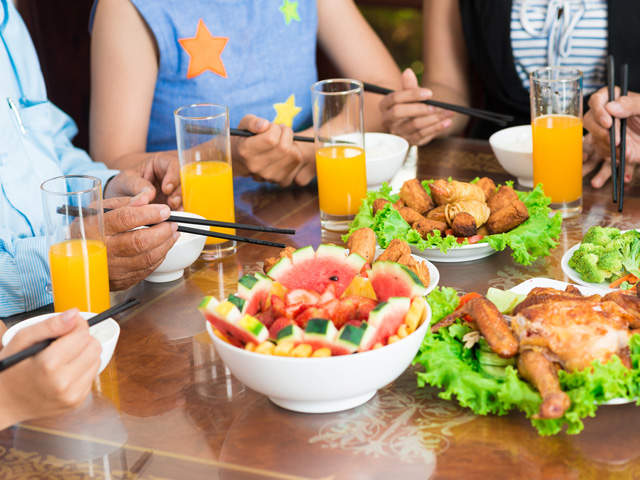
V restauraci
A2:Cvičení: V restauraciThis restaurant is a great place for a romantic dinner.
|
a romantic dinner
|
|
a family dinner
|
|
a cheap dinner
|

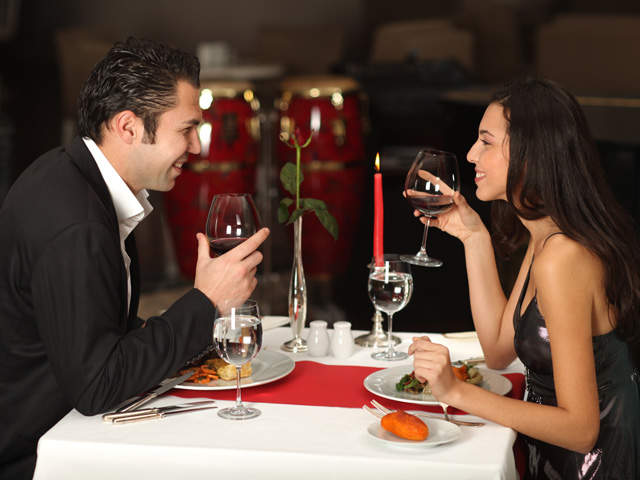
John and I had an interesting conversation over a meal.
|
a conversation over meal a meal
|


Členy u jídel dne – nejdůležitější body a tip na závěr:
- Pokud mluvíme obecně o každodenním jídle a době, kdy jíme, člen obvykle nepoužíváme (I don't eat breakfast.).
- A/AN + přídavné jméno (What a great breakfast!)
- THE + konkrétní jídlo (The breakfast that we ordered was great.)
- SNACK, MEAL a DRINK používáme vždy se členem (a snack, the snack).
- Doporučujeme si procvičit členy u jídel dne (articles with meals) v našich cvičeních.
